In recent years, the Israeli army has faced controversies surrounding co-ed sleeping arrangements for male and female soldiers in the same tents. Critics argue that this practice jeopardizes the law and order within the military, while proponents claim that it promotes gender equality and unity among soldiers. In this article, we will delve into this contentious topic, dispel misconceptions, and analyze the potential impact of mixed-gender sleeping arrangements on the Israeli army.
Historical Context
To understand the current debate, it is essential to grasp the historical journey that led to co-ed sleeping arrangements in the Israeli army. The Israel Defense Forces (IDF) has a proud history of involving women in the military since its establishment. In the 1948 Arab-Israeli War, women played crucial roles as combatants, nurses, and support personnel. Over time, their roles expanded, and they integrated into various military units, including combat positions.
Gender Integration in the Israeli Army
Gender integration in the IDF has been an ongoing effort aimed at achieving gender equality and providing equal opportunities for all soldiers. Co-ed sleeping arrangements emerged as part of this integration process, considering the unique logistical and operational challenges of segregating male and female soldiers while maintaining combat readiness.
Addressing Concerns: Disciplinary Impact
Opponents of co-ed sleeping arrangements argue that this practice undermines discipline and order within the Israeli army. They contend that blurred boundaries may lead to sexual relationships, favoritism, or compromised decision-making. However, it is important to recognize that the IDF has strict policies in place to prevent such issues. Regulations explicitly prohibit any behavior that undermines discipline or compromises the chain of command, regardless of gender.
Promoting Gender Equality and Unity
Proponents argue that co-ed sleeping arrangements promote gender equality and cultivate a sense of unity among soldiers. By eradicating gender-based barriers, soldiers are encouraged to view each other as comrades rather than potential romantic interests. This approach strengthens camaraderie and fosters mutual trust among troops, benefiting overall unit cohesion.
Psychological Considerations
Psychological research suggests that individuals’ responses to co-ed sleeping arrangements can vary greatly. For some soldiers, it may foster a sense of security, camaraderie, and professionalism, while others may feel uncomfortable or distracted. The IDF acknowledges these individual differences and provides support systems, including counseling services, to address any psychological challenges experienced by soldiers.
Lessons from Other Armed Forces
Israel is not alone in implementing co-ed sleeping arrangements. Several armed forces around the world, including the United States, Canada, and Germany, have integrated mixed-gender sleeping arrangements successfully. Drawing from their experiences, it is evident that a combination of clear policies, extensive training, and a robust accountability system can mitigate potential risks while reaping the benefits of gender integration.
Evaluating the Impact
To evaluate the impact of co-ed sleeping arrangements in the Israeli army, it is crucial to examine factors such as combat readiness, morale, and unit cohesion. Relevant studies and anecdotal evidence should be explored to provide a comprehensive understanding of the actual outcomes resulting from this policy shift.
Conclusion
Co-ed sleeping arrangements in the Israeli army have sparked debates regarding discipline, order, and gender equality. While concerns exist, it is important to consider the IDF’s commitment to maintaining discipline through clear policies and robust enforcement mechanisms. By promoting gender equality and cultivating unity among troops, the Israeli army aims to create an environment that enhances combat effectiveness and overall unit cohesion. As with any policy, continuous evaluation and adjustments should be made based on feedback and lessons learned from both within and outside the IDF.


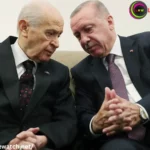









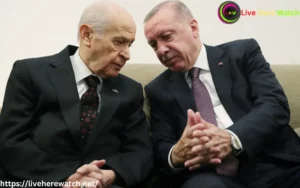


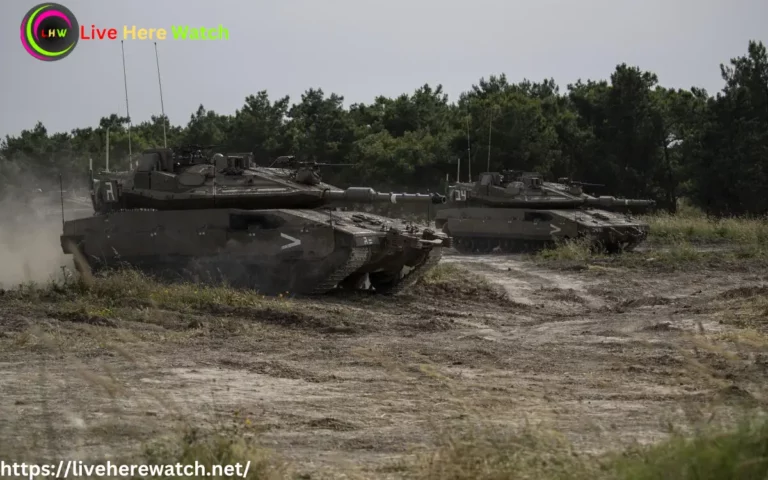

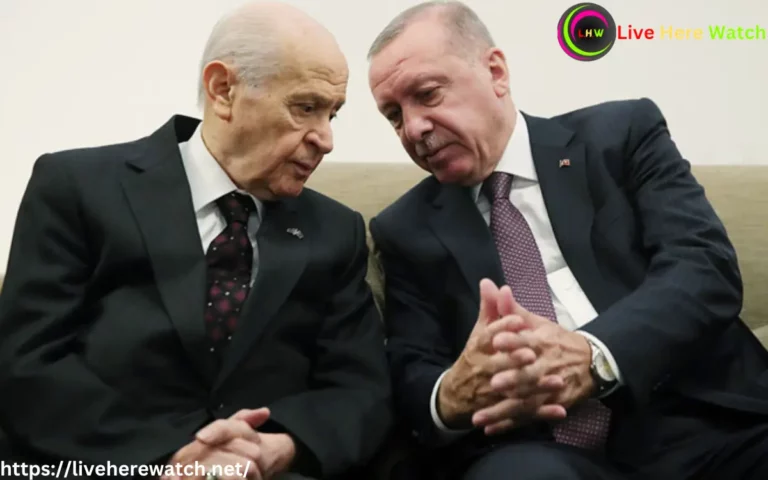

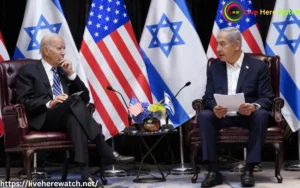





+ There are no comments
Add yours